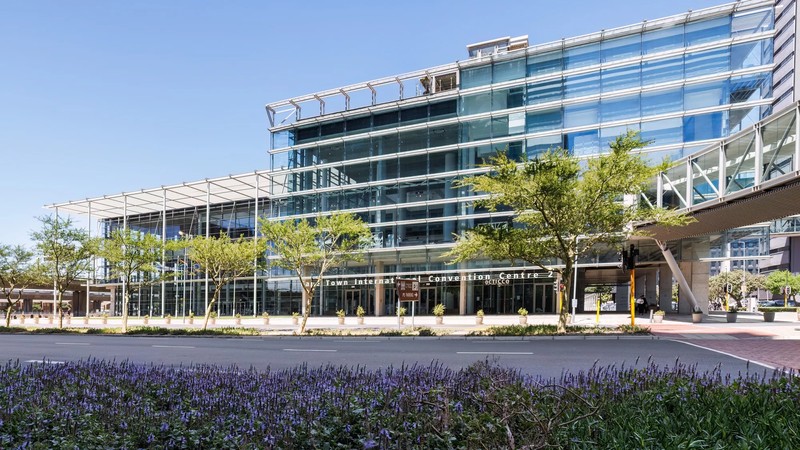CTICC sale proposal opens new can of controversy
The City of Cape Town has confirmed it will enter a public participation process on the proposed sale of its majority 72,7% shareholding in the Cape Town International Convention Centre (CTICC). The move, which could redirect nearly R885 million into municipal services, has opened a new can of controversy, with critics warning of “asset stripping” and others arguing it could ease pressure on ratepayers.
The City said private sector investment would unlock greater commercial growth for the CTICC, while the proceeds would bolster service delivery and infrastructure. Councillor Siseko Mbandezi, Mayoral Committee Member for Finance, explained:
“We believe that this municipal asset shareholding of 72,7%, with an estimated desktop valuation of approximately R885 million (excluding VAT) is ripe for private sector investment to unlock the great commercial potential for this asset. The CTICC will remain a convention centre and the land would remain City-owned.”
He added that divesting from the CTICC would “reallocate much needed resources more effectively, reinforcing service delivery and long-term fiscal sustainability, while enabling the CTICC to thrive under a more commercially agile ownership model.”
But Good Party councillor Wesley Neumann slammed the plan, calling it “a case of asset stripping.”
“We see this happening all the time. They ask people to comment via email, but what actually happens to their comments? For example, in the tariff public participation process, thousands of people commented and their comments were ignored,” said Neumann.
“Profit is being made by the shares the City already owns, so why do you want to sell them off if ratepayers are already gaining the benefits? Why do you want to sell your shares, and especially for that price, when billions were put into it?”
Neumann argued the CTICC was one of Cape Town’s most valuable public assets.
“That is prime property, you cannot get more prime than that. If this is the best-run city in the world, as they claim, then why would they get rid of their most precious asset, their jewel? The dividends will go to who? We have to ask.”
He accused the City of a pattern of selling off public property, citing the Athlone Parking area, the Bellville Velodrome and Gilray Ground, and warned the public was being shortchanged.
“Until Council is furnished with clear, comprehensive answers backed by audited reports and independent valuations, we cannot, and must not, authorise this process. Stripping away this public asset without answers is selling out the people of Cape Town for short-term gain.”
Economist Ulrich Joubert, however, said the move could reduce financial pressure on residents if the CTICC were loss-making.
“If the City is running the convention centre at a loss, then it means ratepayers are carrying the cost. Selling it to the private sector could lower that burden, and the extra income from the sale could ease future increases in rates and taxes.”
Joubert noted that while jobs could be affected under private ownership, efficiency gains and stronger marketing might also expand the CTICC’s global footprint and boost tourism.
City of Cape Town’s MEC for Economic Growth and Tourism, James Vos, supported the plan, describing it as an opportunity to unlock new markets.
“This proposal is to see whether private sector has the appetite to take it to the next level and open new markets. It’s essentially a move to see how we can turbocharge the opportunities that conferencing brings to Cape Town.”
The CTICC, opened in 2003 as a joint investment between the City and the Western Cape Government, has since created or sustained more than 169 000 jobs, contributed R58 billion to the Western Cape’s Gross Geographic Product (GGP), and added R66,9 billion to South Africa’s GDP.
Its current shareholding is:
City of Cape Town – 72,7%
Western Cape Government – 22,2%
Sunwest International (Pty) Ltd – 5,1%
Public participation details will be announced before a final Council decision is taken.
tracy-lynn.ruiters@inl.co.za
Weekend Argus

